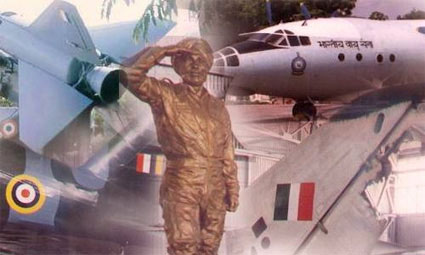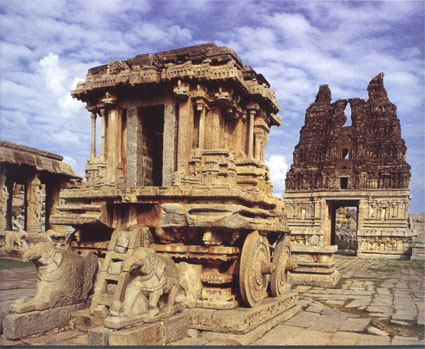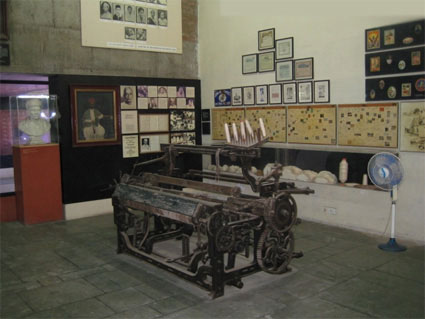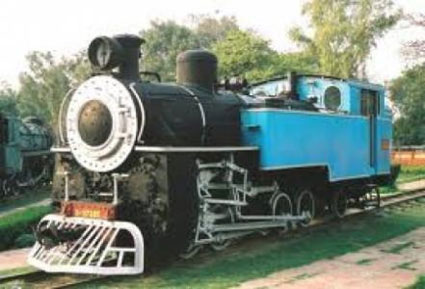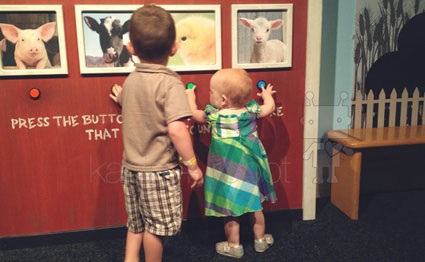One way to step back in time is by discovering Indias rich cultural heritage. Do that amidst the artefacts at the Salarjung Museum in Hyderabad. One of the most interesting haunts on a hot afternoon in Hyderabad is the Salarjung Museum. The museum is a must see for the historically inclined or those who just want to while away time taking in interesting artefacts. It is renowned for the wide range of artefacts that it showcases and the various time periods it covers. In this articleLocationUniquenessNature of artefacts on displayJade and the swordClock room Location Being one of the most prestigious museums in Hyderabad, India, the Salarjung Museum, is located on the bank of the river Musi at Afzalgunj. The museum boasts of a stunning collection of 43,000 art objects and 50,000 books and manuscripts. All of these are from the personal collection of the late Nawab Mir Yousuf Ali Khan Salar Jung III (1889-1949), former Prime Minister of the seventh Nizam of Hyderabad. The Nawab spent a sizeable fortune in amassing this collection over thirty years. It was originally showcased at his ancestral palace Diwan Deodi, before it was shifted to the current museum location in 1968. The collection is notable not only for its size but also for its variety. You will find the museum open from 10 a.m. to 5 p.m. on all days except Fridays. Uniqueness What catches your eye, when you first step into the museum, is the blend of modern architecture and ancient past. That it is one of Indias better maintained museums, is evident from the time one steps into the main lobby area. The museum is built in a semi-circular fashion and has 38 galleries which are spread over two floors. Visitors are sure to be astounded at the sheer size of the Nawabs collection, especially when they realise that the entire collection is never entirely on display at any given time. The ground floor of the museum holds around 20 galleries while the second floor houses the remaining 18. Each gallery showcases a part of the immense collection and is named to reflect its unique contents. For example, there is the Founders Gallery, which has the personal effects, royal clothes, keepsakes and portraits of Salar Jung and the Nizam on display. Nature of artefacts on display The museum has a fine balance of Indian and foreign artefacts. These artefacts range from textiles, idols and sculpture to miniature art work, paintings, etc. Some of the most renowned works in the museum include the sculpture of the veiled Rebecca, a double figure by famed Italian sculptor G.H. Benzoni and the Arabic Al Quran. Jade and the sword The museum also boasts of exquisitely crafted jade knives, including ones that were owned by the Mughal emperor Jehangir and his queen, Nurjahan. These are but some of the many wonders which adorn the Jade room. Other jade artefacts that one shouldnt miss include the jade wine bowl and wine cup sets with intricately carved leaf and flower motifs adorning them. There is even the jade book stand of Altamash, which dates back to 1209—10 AD. For those interested in weapons, the museum has an extensive gallery dedicated to them. It showcases ancient guns, daggers, shields and swords. Weapons belonging to Mughal emperor Aurangazeb, Tippu Sultan and Mohammad Shah are few of the priceless exhibits that the public can view in this gallery. Clock room Time stands still when you visit the clock room and take in the numerous time pieces from around the world. There are clocks of all shapes and sizes, hailing from France, Germany, Italy and Switzerland. The centre piece of this gallery is the musical clock by Cook and Kelvy of England. Apart from its galleries, the museum offers a number of services. These include a well-stocked reference library and reading room. There are also sections in the museum dealing with educational publications. Salarjung museum even has its own chemical conservation lab to ensure that the entire collection is kept well maintained and protected. For those who want to take a little something of the museum with them home, there is the souvenir counter. A cafeteria also gives respite to the thirsty and hungry families that spend their day at the museum.
One way to step back in time is by discovering India's rich cultural heritage. Do that amidst the artefacts at the Salarjung Museum in Hyderabad. One of the most interesting haunts on a hot afternoon in Hyderabad is the Salarjung Museum. The museum is a must see for the historically inclined or those who just want to while away time taking in interesting artefacts. It is renowned for the wide range of artefacts that it showcases and the various time periods it covers.
Location
Being one of the most prestigious museums in Hyderabad, India, the Salarjung Museum, is located on the bank of the river Musi at Afzalgunj. The museum boasts of a stunning collection of 43,000 art objects and 50,000 books and manuscripts. All of these are from the personal collection of the late Nawab Mir Yousuf Ali Khan Salar Jung III (1889-1949), former Prime Minister of the seventh Nizam of Hyderabad.
The Nawab spent a sizeable fortune in amassing this collection over thirty years. It was originally showcased at his ancestral palace Diwan Deodi, before it was shifted to the current museum location in 1968. The collection is notable not only for its size but also for its variety. You will find the museum open from 10 a.m. to 5 p.m. on all days except Fridays.
Uniqueness
What catches your eye, when you first step into the museum, is the blend of modern architecture and ancient past. That it is one of India's better maintained museums, is evident from the time one steps into the main lobby area. The museum is built in a semi-circular fashion and has 38 galleries which are spread over two floors. Visitors are sure to be astounded at the sheer size of the Nawab's collection, especially when they realise that the entire collection is never entirely on display at any given time.
The ground floor of the museum holds around 20 galleries while the second floor houses the remaining 18. Each gallery showcases a part of the immense collection and is named to reflect its unique contents. For example, there is the Founder's Gallery, which has the personal effects, royal clothes, keepsakes and portraits of Salar Jung and the Nizam on display.
Nature of artefacts on display
The museum has a fine balance of Indian and foreign artefacts. These artefacts range from textiles, idols and sculpture to miniature art work, paintings, etc. Some of the most renowned works in the museum include the sculpture of the veiled Rebecca, a double figure by famed Italian sculptor G.H. Benzoni and the Arabic Al Quran.
Jade and the sword
The museum also boasts of exquisitely crafted jade knives, including ones that were owned by the Mughal emperor Jehangir and his queen, Nurjahan. These are but some of the many wonders which adorn the Jade room. Other jade artefacts that one shouldn't miss include the jade wine bowl and wine cup sets with intricately carved leaf and flower motifs adorning them. There is even the jade book stand of Altamash, which dates back to 1209—10 AD.
For those interested in weapons, the museum has an extensive gallery dedicated to them. It showcases ancient guns, daggers, shields and swords. Weapons belonging to Mughal emperor Aurangazeb, Tippu Sultan and Mohammad Shah are few of the priceless exhibits that the public can view in this gallery.
Clock room
Time stands still when you visit the clock room and take in the numerous time pieces from around the world. There are clocks of all shapes and sizes, hailing from France, Germany, Italy and Switzerland. The centre piece of this gallery is the musical clock by Cook and Kelvy of England.
Apart from its galleries, the museum offers a number of services. These include a well-stocked reference library and reading room. There are also sections in the museum dealing with educational publications. Salarjung museum even has its own chemical conservation lab to ensure that the entire collection is kept well maintained and protected. For those who want to take a little something of the museum with them home, there is the souvenir counter. A cafeteria also gives respite to the thirsty and hungry families that spend their day at the museum.


















